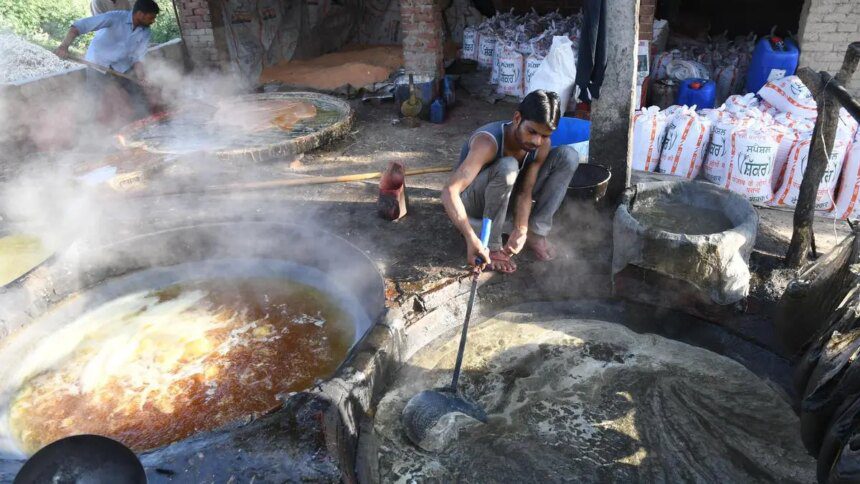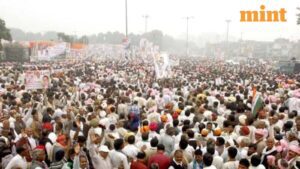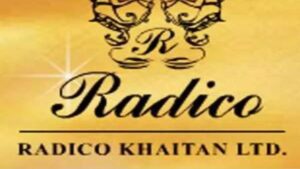The recent amendment to the Sugar (Control) Order in May has included ‘khandsari’ and ‘bura’ types under the definition of sugar. However, the registration process has been slow due to various challenges, including discrepancies in sucrose recovery rates between khandsari units and sugar mills, as well as differing abilities to meet the sugarcane price.
Currently, only a limited number of khandsari units have registered, with the government adopting a cautious approach regarding immediate enforcement. Authorities believe that the factories require adequate time to adjust to compliance expectations, as reported by sources familiar with the matter.
The amended Order defines sugar as any form containing over 90 percent sucrose, including raw, plantation white, and refined sugar, in addition to khandsari or bura sugar, whether in crystalline, powdered, or liquid form. In India, there are more than 370 khandsari units, with a total crushing capacity of approximately 95,000 tonnes of cane per day. Among these, an estimated 66 units have a capacity exceeding 500 tonnes of cane crushed per day and are therefore subject to the new regulations.
These larger khandsari units are required to register on the National Single Window System (NSWS) and must provide digital reports of their production and sales data to government entities, similar to what is required of sugar mills. They are also obligated to purchase sugarcane at government-mandated prices.
Many khandsari units have approached the government to request a separate sugarcane price status, citing lower juice recovery rates compared to conventional sugar mills. In response, the Food Ministry has contacted the Commission for Agricultural Costs and Prices (CACP) to review the request for a specific fair and remunerative price (FRP) for khandsari producers.
The CACP has indicated that it lacks historical data on recovery rates in khandsari units, requiring at least three years of data to formulate a recommendation for a distinct price, as stated to the Ministry. Given that the number of these larger units is limited, the government plans to begin collecting data from them this season, especially as sugarcane crushing has recently commenced in Uttar Pradesh, where many of these mills are situated.
On November 6, the Food Ministry clarified that khandsari sugar factories are currently exempt from the monthly stock holding limit imposed for domestic sales, indicating that there are no restrictions on the sale of khandsari sugar at this time. This decision aims to support the operational viability of khandsari units while emphasizing the importance of registration to accurately track the production and consumption of khandsari sugar throughout the country.
Additionally, the amendment has included the raw sugar variety in the definition to prevent misleading marketing practices, such as labeling it as khandsari or organic sugar. The necessity for this amendment stems from several changes the sugar sector has experienced in recent years, as noted by officials.










